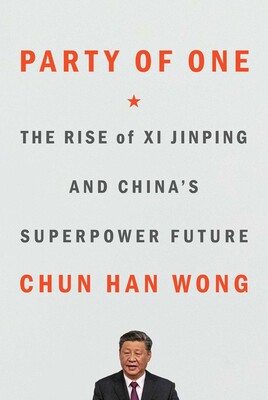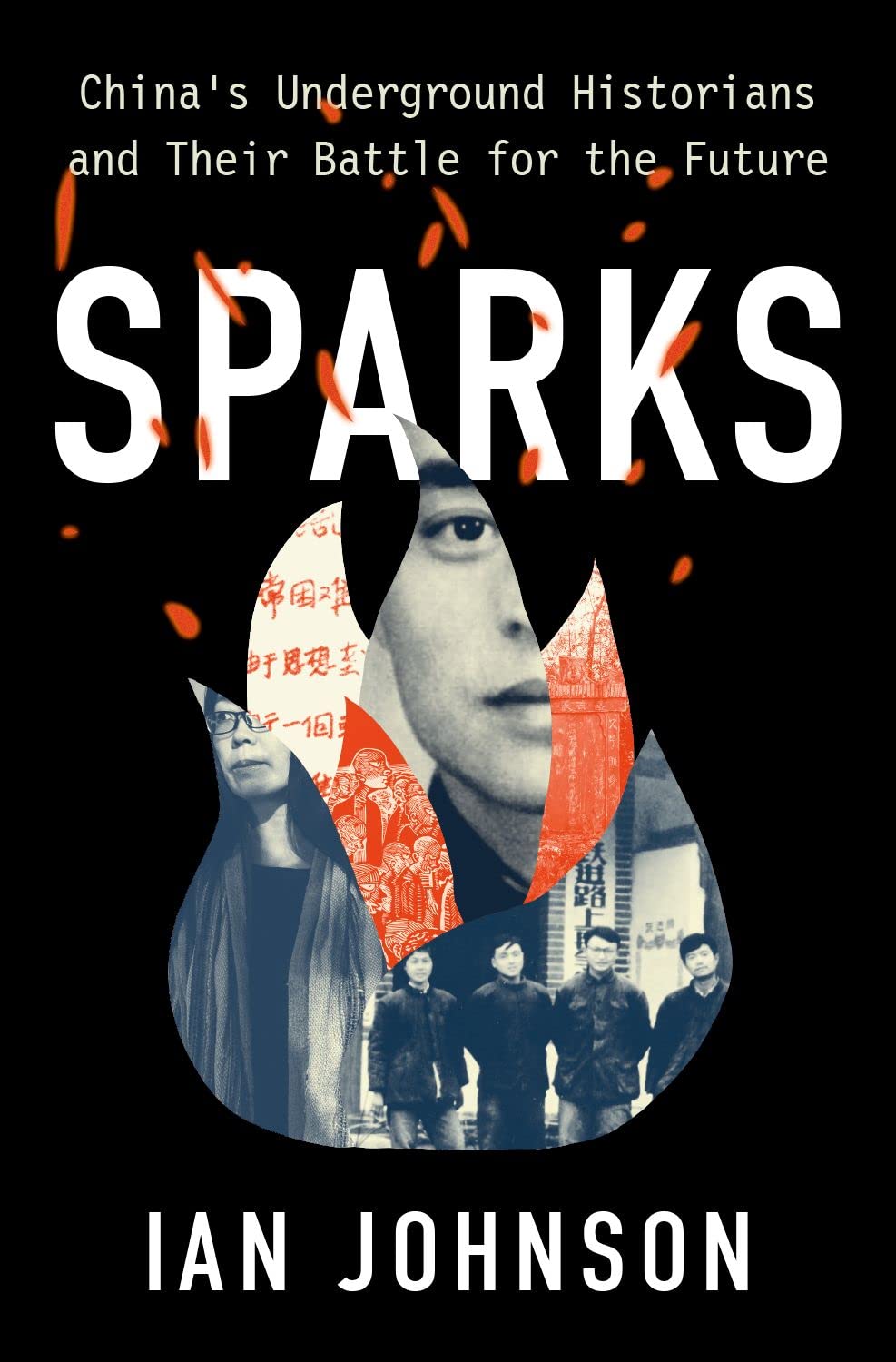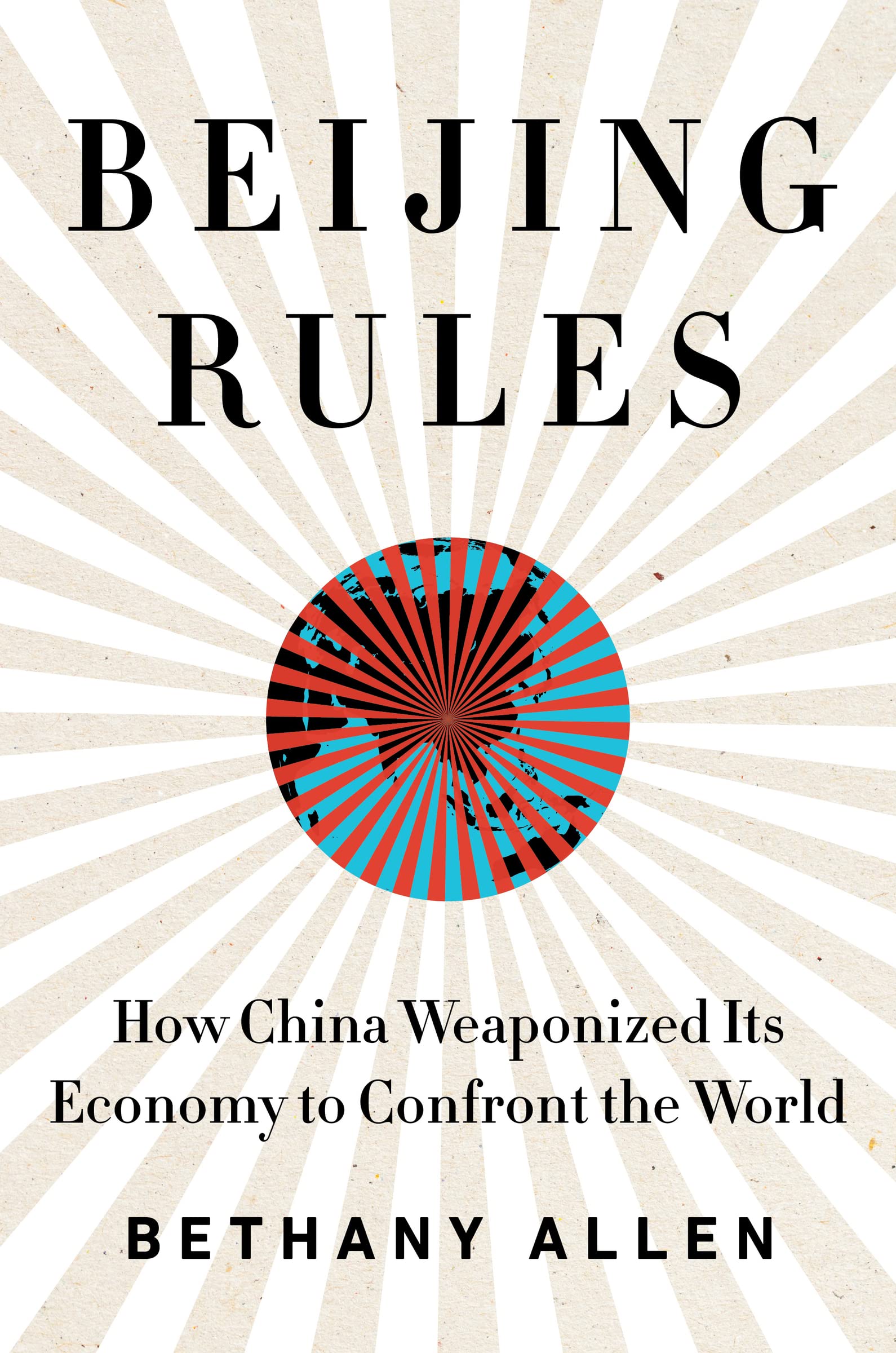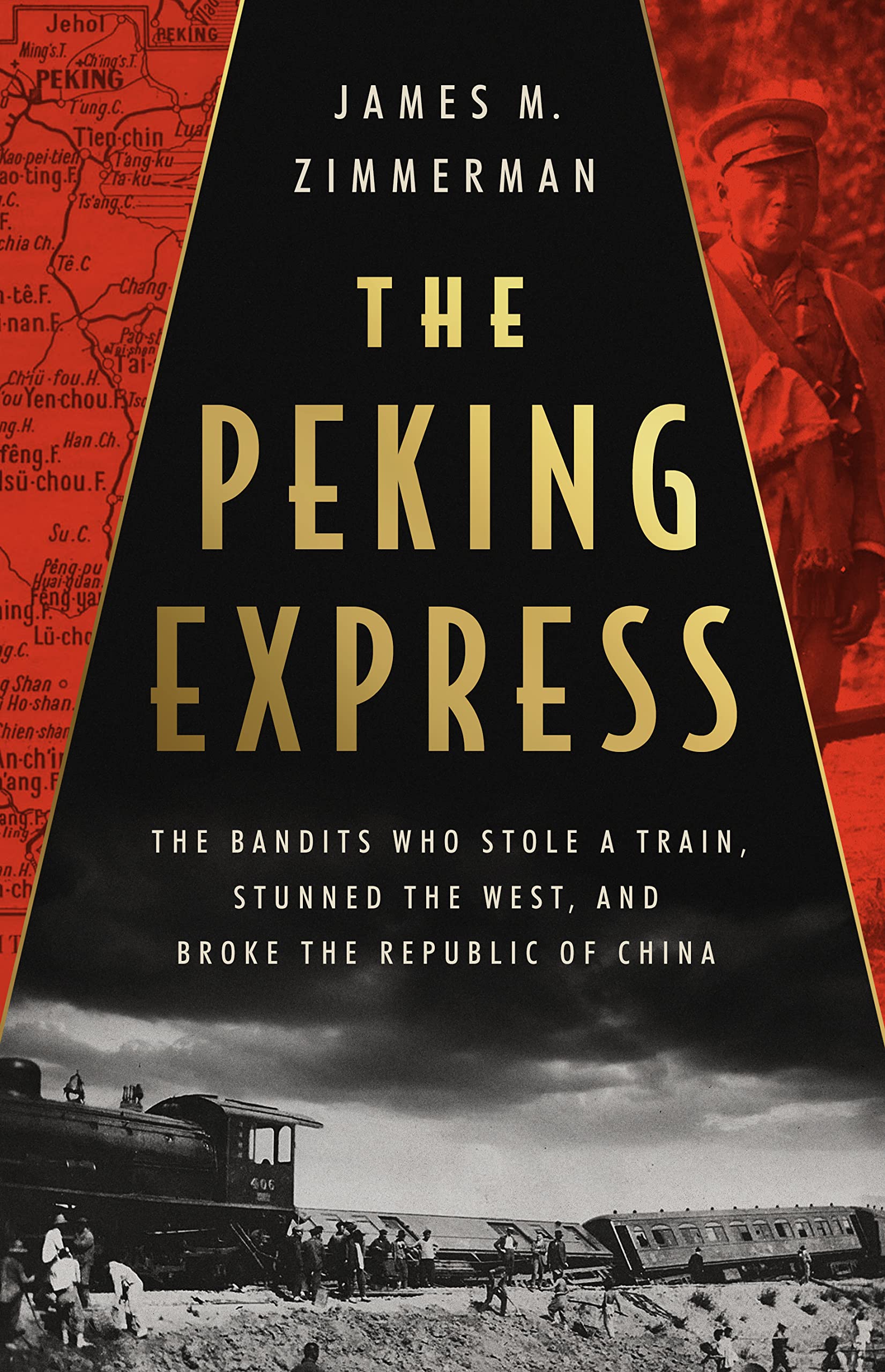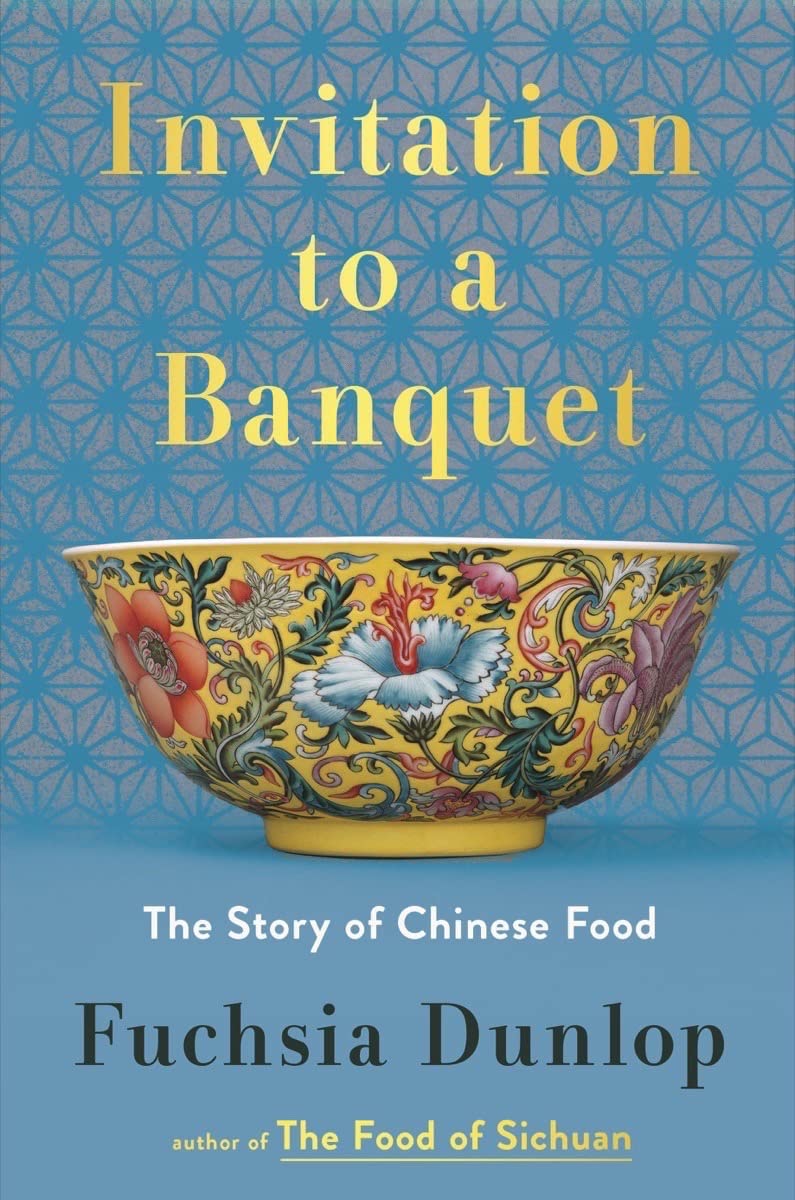Every month at the China Books Review, in addition to our comprehensive rolling lists, we will also publish curated lists of recommended new China books, hot off the press. Sometimes it will be new nonfiction in English, as below — a continuation of a column I have been writing for The Wire China since 2020. Othertimes it will be Chinese literature in translation, brought to you by our columnist Jack Hargreaves. Or it will be untranslated titles proving popular or controversial in China (including those published in Taiwan and Hong Kong), selected by Na Zhong.
We try to avoid the word “best” in our editorial lists. We are of course gatekeepers here, presenting a selection among a plethora. But the spirit of the recommendations below, as in all our curated lists, is simply to highlight a few new books — five at a time, so as not to overwhelm — that we think the general reader interested in China might enjoy, or be interested to know of. We’ll be doing something similar with titles from the China archive. This is not a ranking; the order that they appear in means no more than the flow we feel makes sense to present them.
2023 has been a busy year for China books. With rising interest in the nation, more English-language titles relating directly to China are being published than ever (we counted almost 250 from the past year in our listing project). With such a fire hose to drink from, it can be overwhelming to know where to start. That’s where we come in. From the feast of China fare on offer, we select a few delicacies below. Further morsels will be recommended, reviewed or excerpted in the magazine in other forms. For now, a first taste:
Party of One
The Rise of Xi Jinping and China’s Superpower Future
China has long been a One Party state, but not since the end of the Cultural Revolution has it been a One Man Party. In this skillful work, the Wall Street Journal’s Chun Han Wong delineates just how the nation got here. Beginning with Xi’s ascendence to power, and the purges that consolidated his position, Wong walks us through the different spheres of tightening control — from law to the economy, media to diplomacy — that overlapped his tenure as a journalist in Beijing, from 2014 to 2019. With reporting chops and strong characters, his original interviews and material make it more than just a retreading of familiar terrain. An invaluable narrative of just how, in Xi’s own words, “the Party leads everything” — and Xi leads the Party.
Sparks
China’s Underground Historians and their Battle for the Future
“History has become a battleground for the present,” declares Ian Johnson at the outset of this, the Pulitzer-prize winning journalist’s fourth book. In few places is that more true than China, where an official version of history abuts against record and memory that is swift disappearing. Johnson chronicles China’s “underground history movement”: the attempt of China’s so-called counter-historians preserve the truth, related in pellucid narrative and interspersed with historical vignettes dubbed “memories”. Their stories are gripping (one will be excerpted here in two weeks time), moving across time and space from the early years of Communist China to contemporary crises including Covid and beyond. And their efforts are not to be forgotten.
Beijing Rules
How China Weaponized Its Economy to Confront the World
That China uses its coffers, and the promise of its market, to seek influence abroad is common knowledge, but exactly how it does so is rarely clearly stated. Through original reporting, Axios journalist Bethany Allen lays out just how China’s rulers apply what she dubs “economic statecraft”, strategically wielding economic power to assert dominance on the global stage. She takes case studies of how foreign nations, institutions and companies bow to Beijing when it comes to the bottom line, from facemasks and vaccines during the pandemic to Zoom video-calls, as well as other forms of influence such as disinformation campaigns. Through it all runs a common thread: how the West fell into this trap by thinking politics and the market could be separate.
The Peking Express
The Bandits Who Stole a Train, Stunned the West, and Broke the Republic of China
Transport yourself from Beijing back to Peking, the capital’s former name, in May 1923. You’ve bought a ticket for the Peking Express, a luxury overnight train journey to Shanghai. But the train is raided by bandits. You are dragged up a mountain, and held hostage in a stronghold for five weeks while the authorities scramble to secure your release. This true story is brought to life by James Zimmerman, in gripping narrative and scintillating detail. The cast of characters is straight out of the movies — a newspaperman, an American heiress, a confidante of Mussolini — and the perspective of the bandit leader, a former soldier rebelling against the government, gives the tale a greater historical weight as a snapshot of a young nation seeking order out of chaos.
Invitation to a Banquet
The Story of Chinese Food
Fuchsia Dunlop has been carrying the torch for Chinese cuisine (especially that of Sichuan province, where she trained) since the publication of her first recipe book in 2001. Now, over two decades and six books later, she looks back at the millenia-old history of gastronomy in China in this entertaining work. Structured around key ingredients and cooking techniques, written in lively prose and with a sensitivity to the emotional content of food in culture, it offers a whistle-stop tour of Chinese cuisine, as well as a nod to how it became a “victim of its own success” with bastardized versions abroad (read: Panda Express). Taking in everything from the right consistency of rice to the ideal texture of chicken testicles, it’s a lip-smacking read. ∎

Alec Ash is a writer focused on China, and editor of China Books Review. He is the author of Wish Lanterns (2016), following the lives of young Chinese in Beijing, and The Mountains Are High (2024) about city escapees in Dali, Yunnan. His articles have appeared in The New York Review of Books, The Atlantic and elsewhere. Born and educated in Oxford, England, he lived in China from 2008-2022, and is now based in New York.


